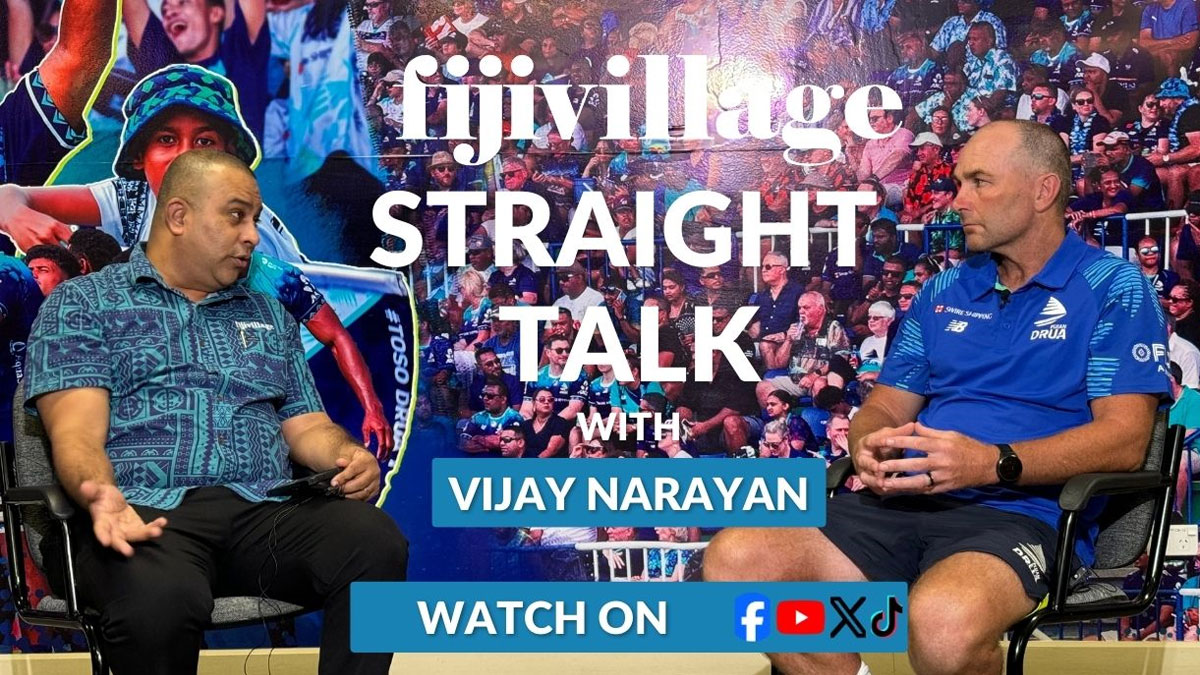
The Suva High Court has awarded damages of $4,000 plus interest to Deshwar Kishore Dutt for false imprisonment.
Human Rights and Anti-Discrimination Commission Chair, Pravesh Sharma says false or wrongful imprisonment is committed when one is detained or imprisoned by another person unlawfully.
He says Dutt was sentenced to 18 months imprisonment with a non-parole period of 12 months.
Sharma says Dutt should have been given a remission of 6 months, and subject to good behaviour, he should have been released after serving 12 months.
He adds that, instead, Dutt served 16 months imprisonment, and therefore, he was confined in prison for a further 4 months after he was due to be released, having served his term.
The Chair says Dutt’s false imprisonment of the further 4 months was a result of the previous practice of the Fiji Corrections Service to apply the entitlement to remission only to the sentence remaining to be served after the non-parole period has been completed.
He says this method of calculation was incorrect and resulted in Dutt only being given 2 months rather than 6 months of remission.
Sharma says the Supreme Court clarified the position relating to remission and early release of inmates in the cases of Kreimanis vs State and Mohammed Ismail vs The State, that all inmates have a right to receive a one-third remission of the sentence, not taking into account the non-parole period.
He adds if an inmate has been given a non-parole period, then the computation of the one-third remission still applies, but if the non-parole period exceeds two-thirds of a prison sentence, then the inmate must serve until the end of the non-parole period but must be released immediately at the end of the non-parole period.
Sharma says, for example, if a person has been sentenced to 12 years imprisonment, then under section 27 of the Corrections Service 2006 Act, that inmate would be entitled to a remission of 4 years, being one-third of the full term of 12 years.
He says in ordinary circumstances, the inmate would be released for good behaviour after serving 8 years, however, if the inmate was given a sentence of 12 years with a non-parole period of 9 years, then that inmate must serve the compulsory 9 years and then must be released at the end of the non-parole period of 9 years.
He adds Section 9 of the Constitution of the Republic of Fiji 2013 enshrines a person’s right to liberty.
Stay tuned for the latest news on our radio stations

